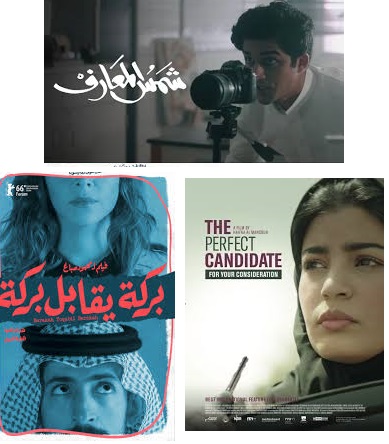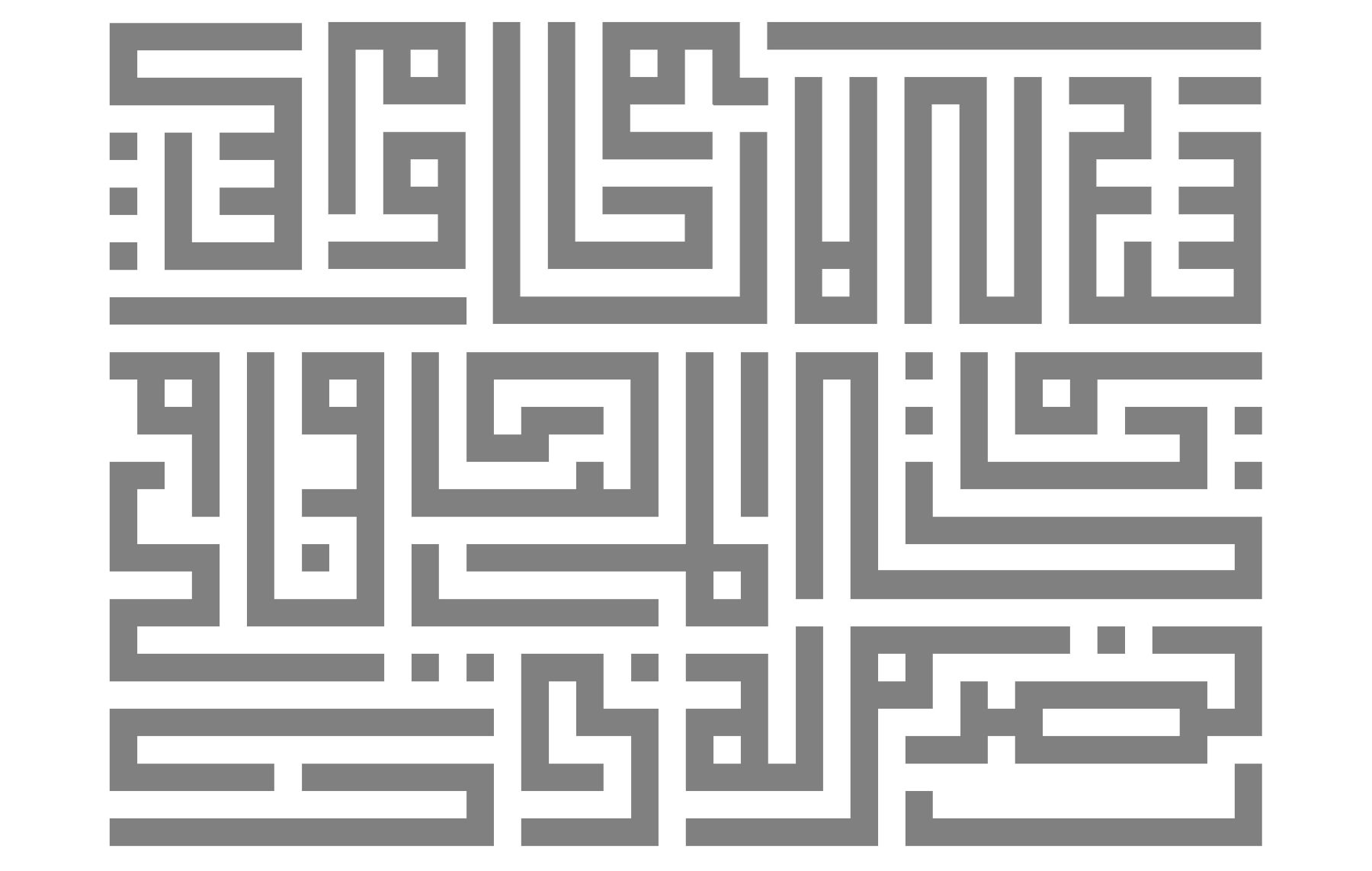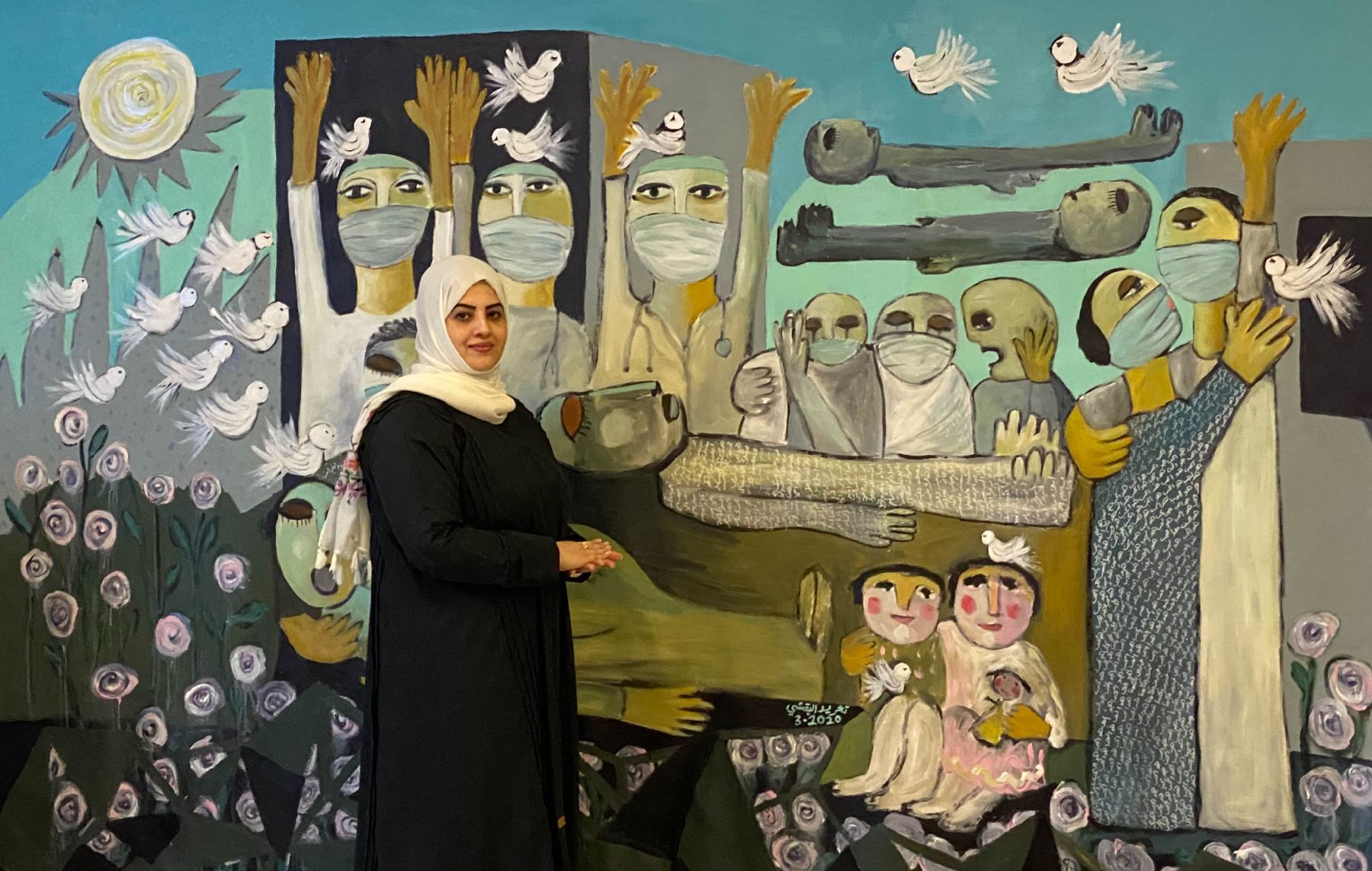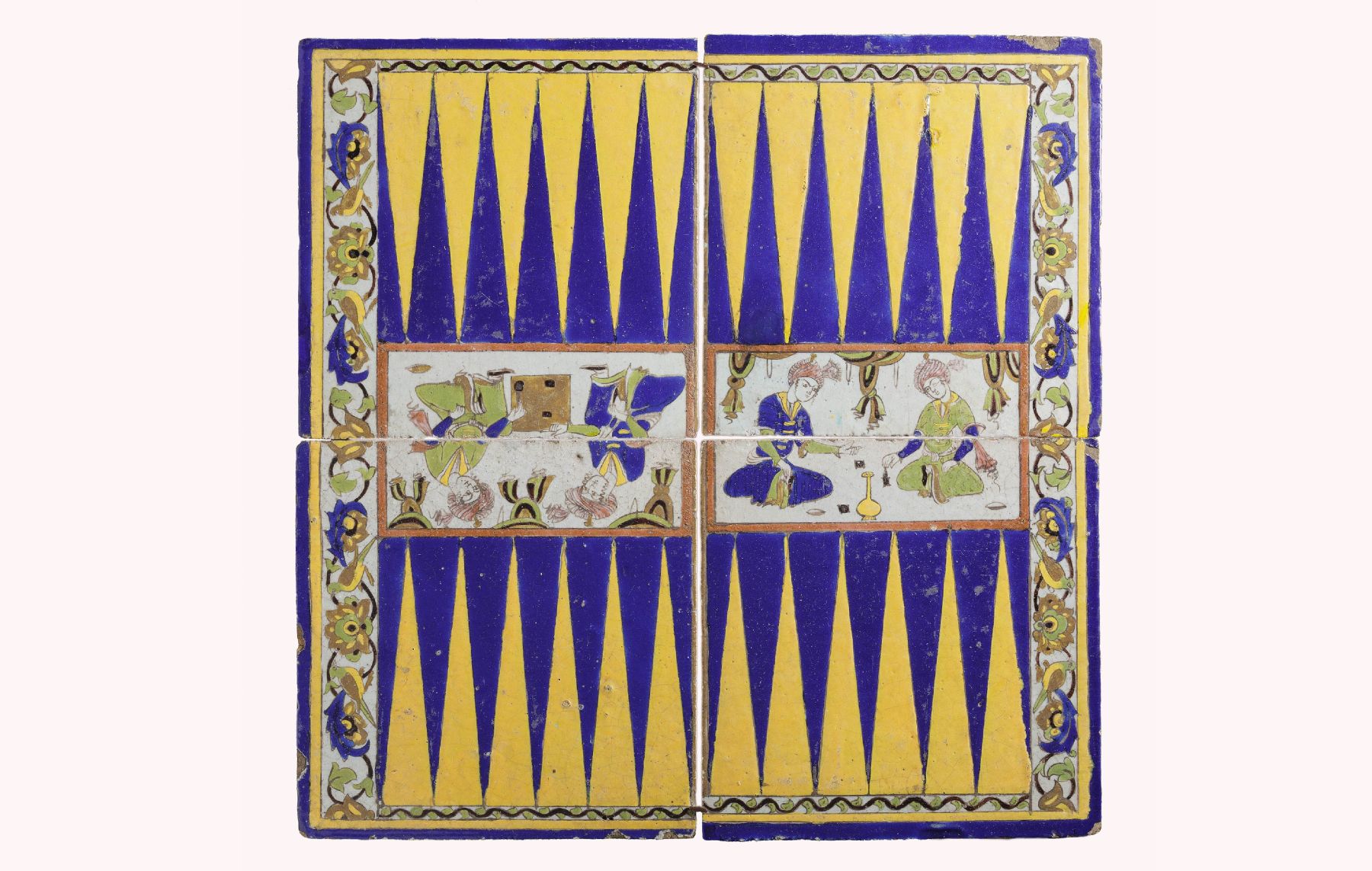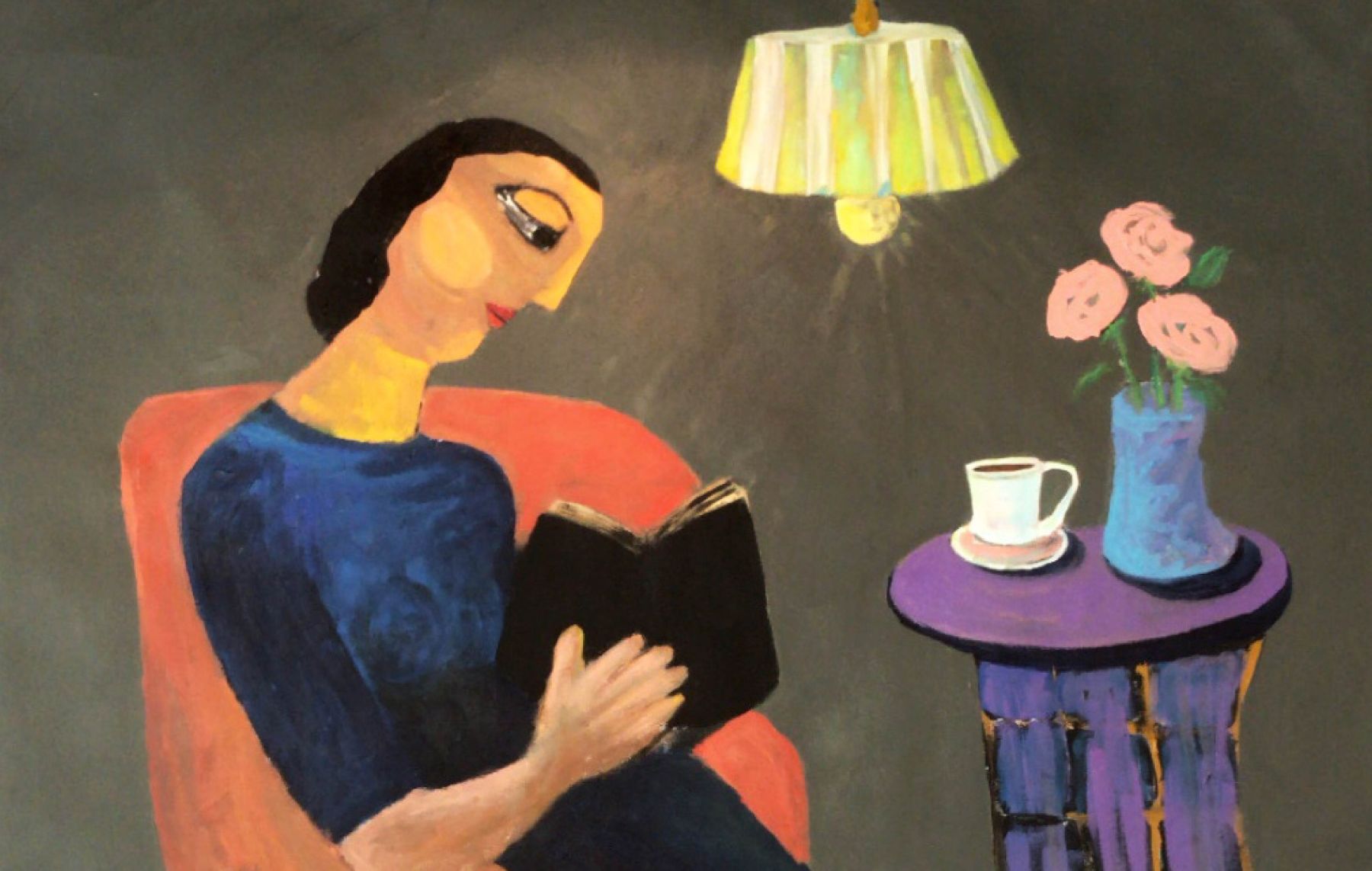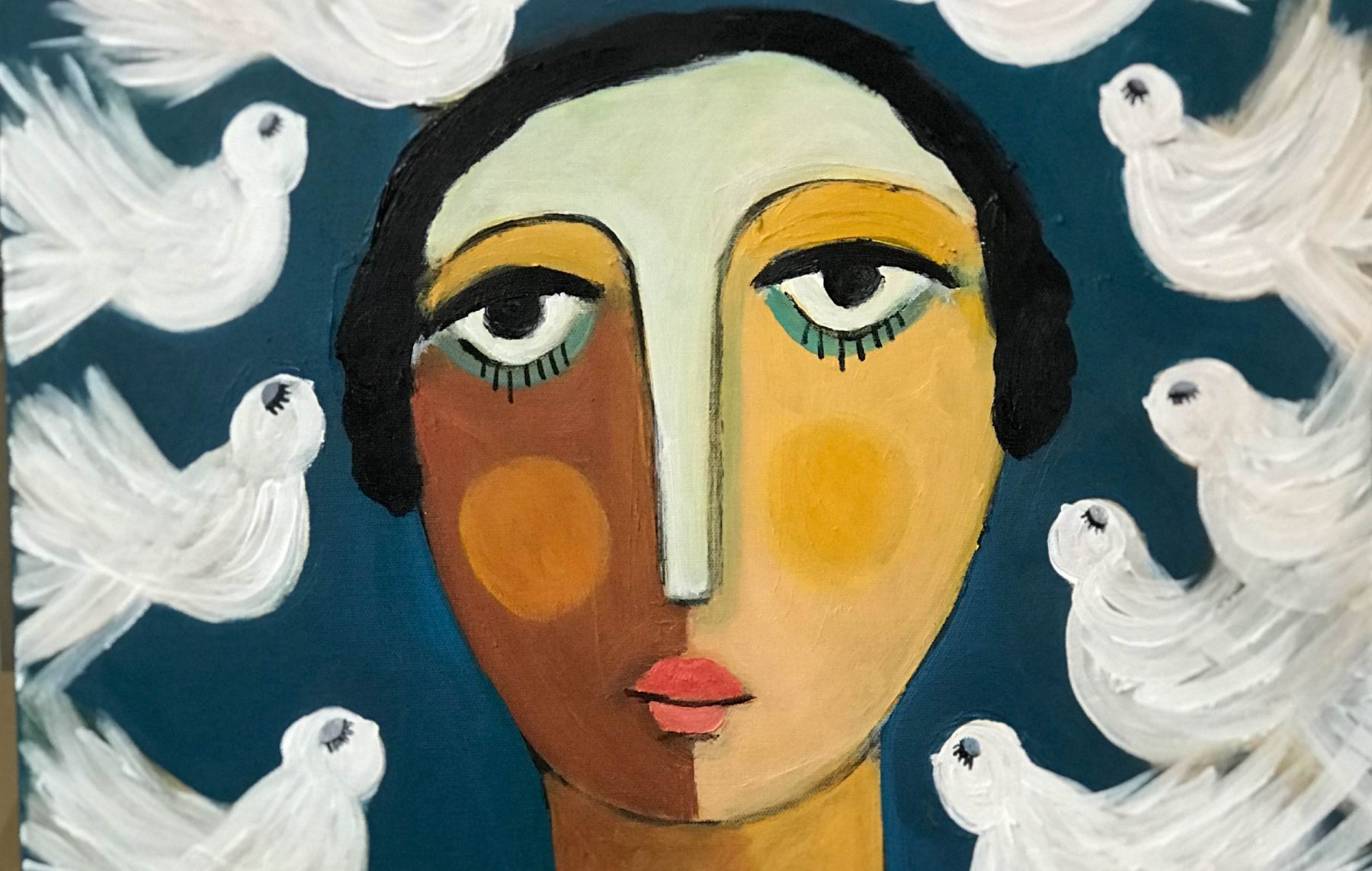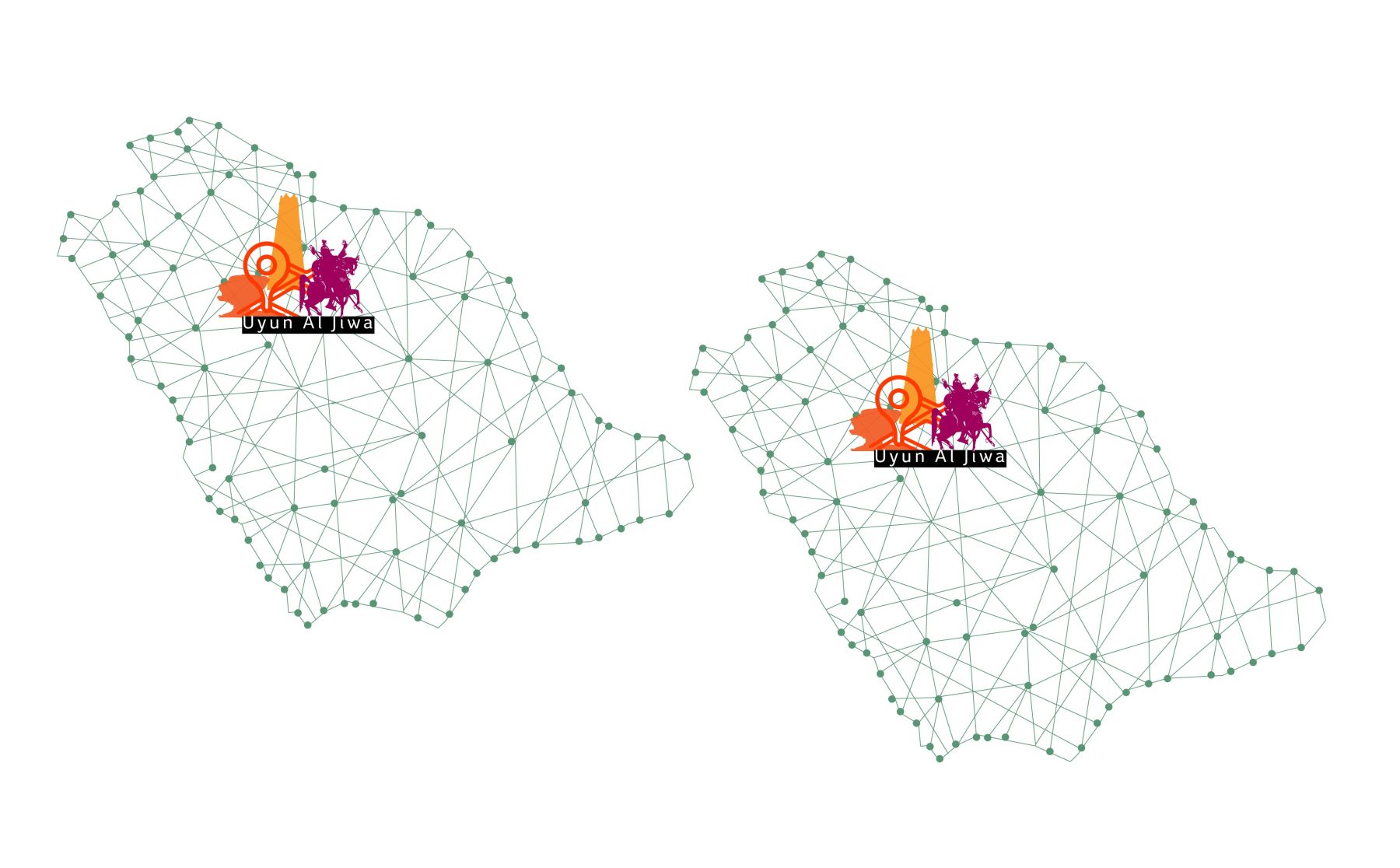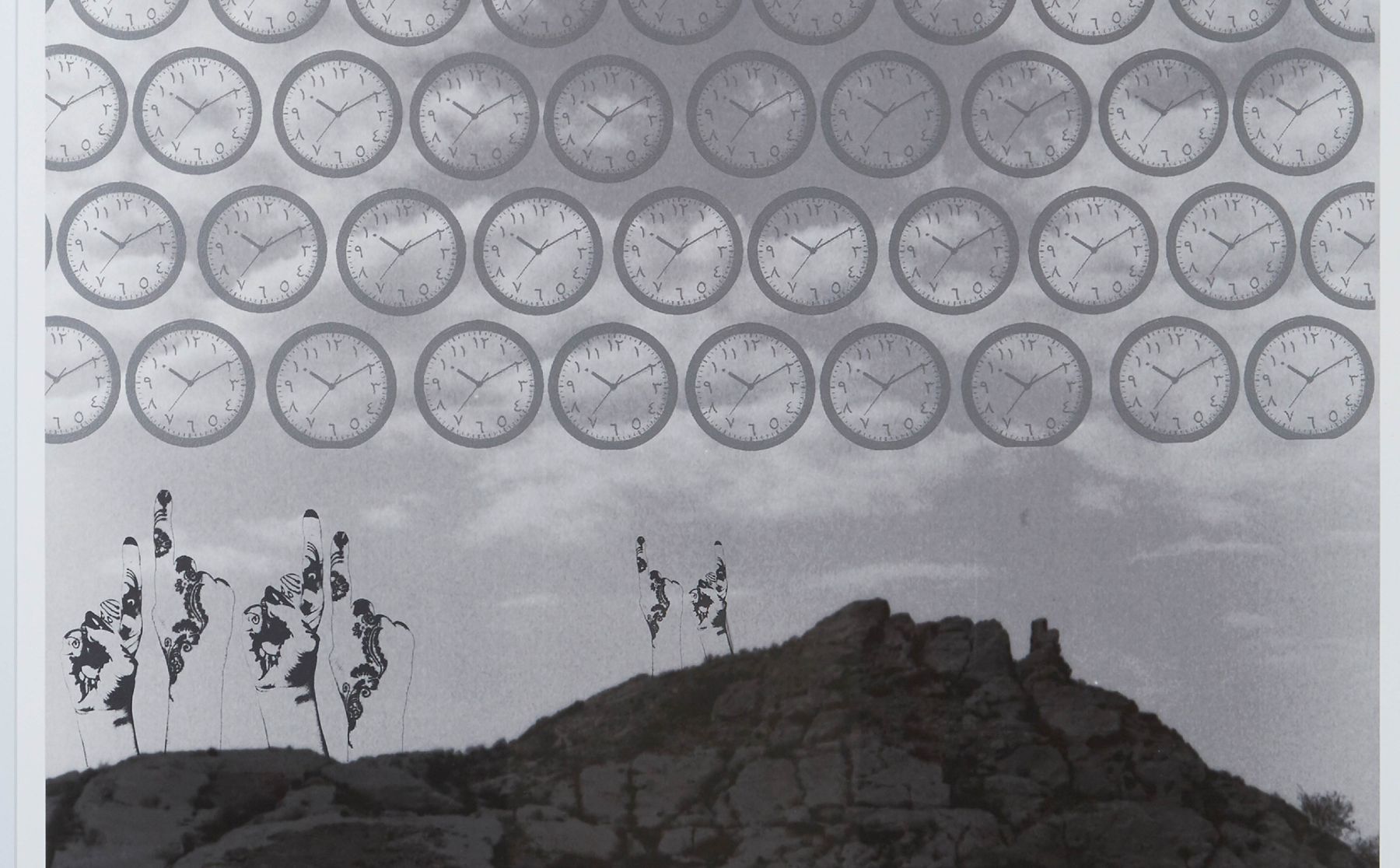Saudi Film Stereotypes
Poverty, exotic, terrorist, oppressed: those are a few examples of how Hollywood stereotypes Arabs. However, as the topic of Arab stereotypes in Hollywood has been explore by journalists and academics, this brings into question how Arab creators are writing about themselves, their lives and experiences. Localizing it further, while the industry is still in development in Saudi, there are a good number of feature length films that explore local narratives. So, to create relatable stories, have we fallen into the trap of stereotyping ourselves and the people in our own environment?
This topic will be explored through three films: Barakah Yoqabil Barakah (Barakah Meets Barakah) (2016), The Perfect Candidate (2019), and Shams El Maaref (The Book of the Sun) (2020). If you haven’t seen these films, there are spoilers ahead.
Not all Stereotypes are Created Equal
Reducing a character to simple personality or cultural traits, especially a side or minor or background character, can ease the progression of the story. It may streamline and clarify interactions for some viewers, but can create confusion to those unfamiliar with common social interactions within different societies. Still, when we reduce minorities to stereotypical roles, we erase their complexities and may force them to be compliant in their own erasure. Some movies even erase their existence completely and erase the truth of their role in Saudi societies. In Shams El Maaref, the South Asian characters are mainly cast in roles such as a waiter or as a video technician. They exist for a few seconds at the end of the movie as people the key characters can boss around and even misname in an instance.
This role for South Asian characters is common in Saudi productions; it is repeated in The Perfect Candidate and Barakah Yoqabil Barakah. There were never any characters of similar backgrounds with more substance. While The Perfect Candidate does have black female Saudis and larger roles for their minorities, they were still presented as stereotypes (e.g. the wedding singer).
Although all the movies explored don’t actually erase their existence in society, they give the minority characters single lines or silent roles, which makes them invisible in the grand scheme of the story and reduces them to be interpreted by their cultural stereotypes rather than expanding who and what they can be in the narrative and in reality.
Using or Creating Stereotypes
Balancing between being truthful about a reality and being stereotypical is hard enough without carrying the burden of representing a whole nation. Saudi does not have enough stories in most formats that an occasional stereotype could be dismissed. Even the main character of Shams El Maaref comments on stereotyping those from the western (Hijaz) region in Saudi shows like Tash Ma Tash, such as the exaggeration of the Hijazi accent and the oversimplification of their characteristics.
This oversimplification is also seen in Barakah Yoqabil Barakah. Since the story takes place in Jeddah, there are different representations of people from Hijaz, but we see many of the sub-cultures simplified to the point of stereotyping, such as the influencer, the government worker, the liberal family, the midwife (da’ia), the store owner, and several others. The characters aren’t developed enough through their experience in the narrative that they end up as the same person they started.
Furthermore, we are seeing some major western stereotypes of Saudi society in our narrative structures, which means many prejudices are seeping into national narratives. For example, The Perfect Candidate really plays into many western stereotypes of Saudi culture like women’s role in society. Although many elements might be based on truths, like the reasoning women gave for not voting, there are moments that seem very unrealistic -- such as the main protagonist taking off her niqab for an interview and remains that way. How does that truly explore the main character’s development and her growth? All it does is play into the trope of Muslim women removing cultural or religious clothes like the niqab or the hijab to empower her. It undermines her conviction in the way she chooses to present herself, especially since she covered her face completely in her first video. So, the character has fallen into a western stereotype for the Muslim/Saudi female character instead of being understood within a local lens.
Of course, we cannot predict the future and the evolution of values and morality that society may or may not develop, but it behooves the industry to be more aware and avoid stereotyping. The stories we share through mediums such as film should reflect complexities of characterization. The creatives and the stories of Saudi Arabia are way more diverse and nuanced than to rely on stereotypes to build narratives and create characters. The Saudi film industry can creatively write about experiences that can be both universal and unique to our society and lives. So, let’s write those stories!
Guest Contributor:
Hafsa Alkhudairi is an academic geek as well as a researcher and project manager within the cultural sector.


